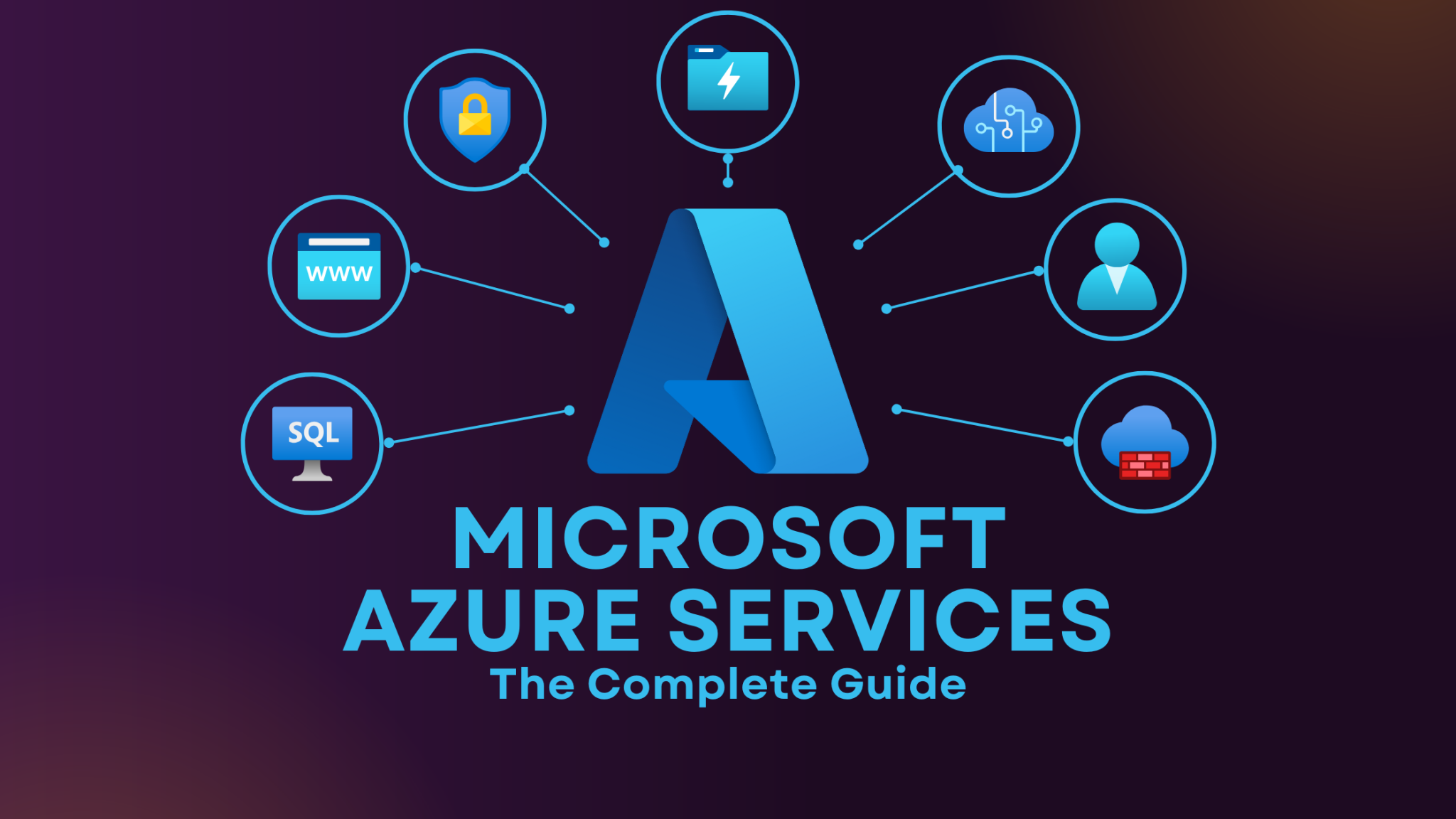What Are Cloud Services?
Cloud services refer to a wide range of computing resources provided over the internet, including storage, networking, databases, and software applications. Instead of maintaining on-premises infrastructure, businesses and individuals can leverage cloud service providers to access these resources on-demand. Cloud technology eliminates the need for physical servers, offering greater flexibility and efficiency.
The primary advantage of cloud services is accessibility. Users can work from anywhere with an internet connection, making it easier to collaborate and manage workflows. From small startups to large enterprises, businesses are increasingly adopting cloud managed services to streamline operations and improve efficiency.
How Do Cloud Services Benefit Businesses?
Cloud computing provides numerous benefits for businesses of all sizes. One of the most significant advantages is cost efficiency. Instead of investing heavily in physical hardware and IT maintenance, organizations can use cloud based service providers to pay only for the resources they use.
Additionally, cloud services enhance business continuity. Data stored in the cloud is protected against system failures, making disaster recovery more manageable. Companies also experience improved productivity as teams can collaborate seamlessly using cloud infrastructure services, ensuring quick access to shared files and real-time updates.
What Are the Different Types of Cloud Services?
Cloud services can be categorized into three primary types: Infrastructure as a Service (IaaS), Platform as a Service (PaaS), and Software as a Service (SaaS). Cloud server services fall under IaaS, where businesses rent virtual machines, storage, and networks to manage workloads without purchasing physical hardware.
PaaS offers a platform for developers to build, test, and deploy applications without worrying about infrastructure management. Meanwhile, SaaS includes cloud-based applications like Google Workspace and Microsoft 365 that enable businesses to operate efficiently with minimal IT overhead.

What Is the Difference Between Public, Private, and Hybrid Cloud?
Public cloud services are offered by third-party cloud managed service providers and are accessible over the internet. These services provide scalability and affordability, making them ideal for startups and growing businesses.
Private clouds, on the other hand, are dedicated environments built for a single organization. These offer enhanced security and control, making them suitable for industries with strict regulatory requirements. Hybrid clouds combine both public and private models, allowing businesses to optimize cost-efficiency while maintaining critical data in a secure private environment.
How Secure Are Cloud Services?
Security is a top concern for businesses migrating to the cloud. Leading cloud management services implement robust security measures, including encryption, multi-factor authentication, and compliance with industry regulations. Cloud providers also offer built-in security tools to monitor threats and prevent cyberattacks.
However, organizations must also take proactive security measures, such as implementing strong access controls and regular audits. By working with a reliable cloud based managed services provider, businesses can ensure their data remains protected from potential vulnerabilities.
What Industries Benefit the Most from Cloud Computing?
Many industries leverage cloud computing to enhance efficiency and scalability. The healthcare sector uses cloud service providers for secure patient data management, while financial institutions utilize cloud solutions for fraud detection and transaction monitoring.
The e-commerce industry also benefits from cloud computing, enabling seamless inventory management and real-time customer interactions. Additionally, the education sector has widely adopted cloud managed services to facilitate remote learning and collaboration.
How Does Cloud Storage Work?
Cloud storage allows businesses and individuals to store files remotely and access them from any device with an internet connection. Unlike traditional on-premises storage, cloud infrastructure services distribute data across multiple secure locations, reducing the risk of data loss due to hardware failures.
Users can choose between public, private, and hybrid cloud storage options, depending on their security needs and compliance requirements. Cloud storage solutions also support automatic backups, ensuring critical data is protected at all times.
We understand that each business has unique challenges and goals. We tailor our services to meet your specific needs, focusing on providing measurable results and significant impact at every turn.
SPRING IT SERVICES Tweet
What Is Cloud Migration?
Cloud migration refers to the process of moving data, applications, and workloads from on-premises infrastructure to the cloud. Businesses migrate to the cloud to improve scalability, reduce costs, and enhance performance.
A well-planned migration strategy includes assessing current infrastructure, selecting the right cloud managed service provider, and implementing security measures. Many organizations use a phased approach, gradually transferring workloads to the cloud while minimizing disruptions.
What Are the Cost Benefits of Using Cloud Services?
One of the biggest advantages of cloud computing is cost efficiency. Businesses can eliminate upfront capital expenditures by leveraging cloud based service providers that offer
pay-as-you-go pricing models. This means organizations only pay for the resources they use, reducing waste and improving budget management.
Moreover, cloud solutions reduce maintenance costs by eliminating the need for in-house IT teams to manage hardware. Organizations also save on energy costs, as cloud server services optimize resource usage across multiple data centers.
How Does Cloud Computing Improve Scalability?
Scalability is a key advantage of cloud computing, allowing businesses to expand their resources based on demand. Whether a company experiences seasonal traffic spikes or rapid growth, cloud infrastructure services enable seamless scaling without significant investment.
With auto-scaling capabilities, businesses can ensure applications run efficiently under varying workloads. By partnering with a reliable cloud managed services provider, companies can easily scale up or down based on operational requirements, improving flexibility and performance.
Cloud services are revolutionizing the way businesses operate, offering cost savings, scalability, and enhanced security. Whether you’re considering migration or looking to optimize your current cloud strategy, partnering with a trusted cloud managed service provider ensures smooth operations and business growth. Ready to harness the power of the cloud? Explore leading cloud service providers today!




















